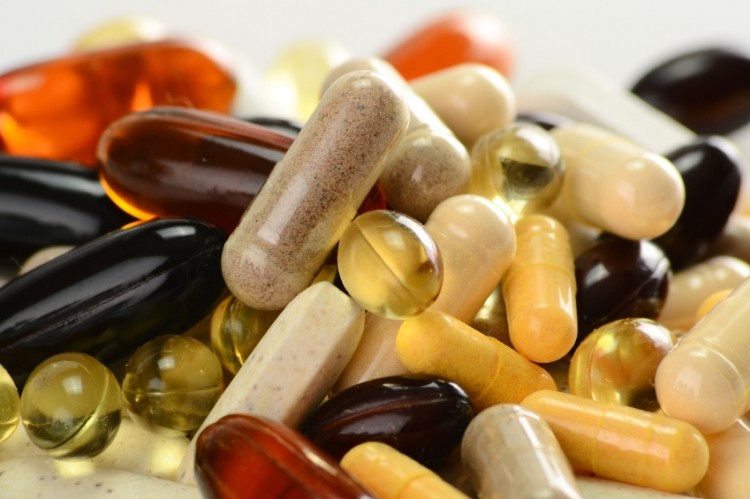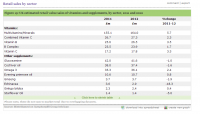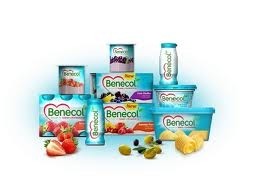Rise of healthy/functional foods behind UK supplements slip

The researcher put the UK supplements market – one of the biggest in Europe - at €480m in 2012, with head of Beauty and Personal Care, Alexandra Richmond,telling us while multivitamins were holding up, supplements players faced a time of unheralded challenges.
“People are more aware of healthy eating; they are buying more functional foods – there are more functional foods on the market for them to buy into and all of this is doing away with the perceived need to buy food supplements. This is being compounded by the economic situation.”
The findings are in line with a Leatherhead report that found 80% of UK consumers said they followed a healthy diet.
Despite the challenge to the market, Mintel forecast the market to grow to between €524m and €567m by 2017 – between 5% and 9% annual growth. Of the €480m 2012 overall market figure, multivitamins accounted for €205m of that, omega-3 supplements were about €50m.
One of the worst performing was echinacea which saw sales slide 18% from about €4.5m to €3.6m. Cod liver oil, ginseng, starflower oil were some other supplements facing stagnating or falling sales.
“Vitamin and supplements brands need to radically review the orientation of their healthcare positioning, the direction of innovation, the best media for launch support and how to piggyback other consumer markets to add value and incentivise purchase,” Richmond said.
She said the impact of the EU nutrition and health claims regulation (NHCR) and European Food Safety Authority (EFSA) rulings had also, “hampered elevated growth rates.”
Functional foods market
Mintel estimates the UK functional foods market at €980m.
“The most established functional sectors, yoghurt and yoghurt drinks, saw sales broadly stagnate, but there was promising growth in categories such as milk, bottled water and juice and even prepared meals. And strong performances from Flora pro.activ and Benecol have driven sales of functional spreads,” Mintel said in a recent report.
“Functional foods were eaten regularly by 22% of consumers in 2010 which is one percentage point down on 2009. The largest minority (44%) of adults were most likely to eat these foods occasionally in 2010, which is unchanged on the previous year, though both regular and occasional usage rose noticeably in 2009.”
















